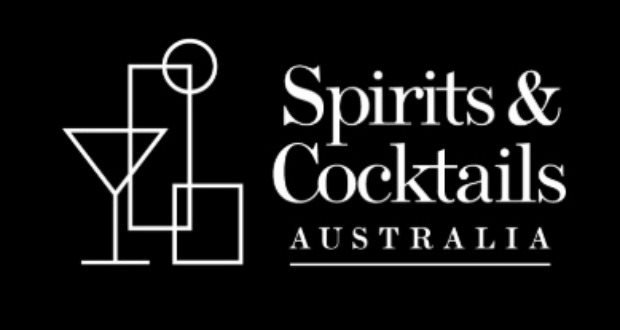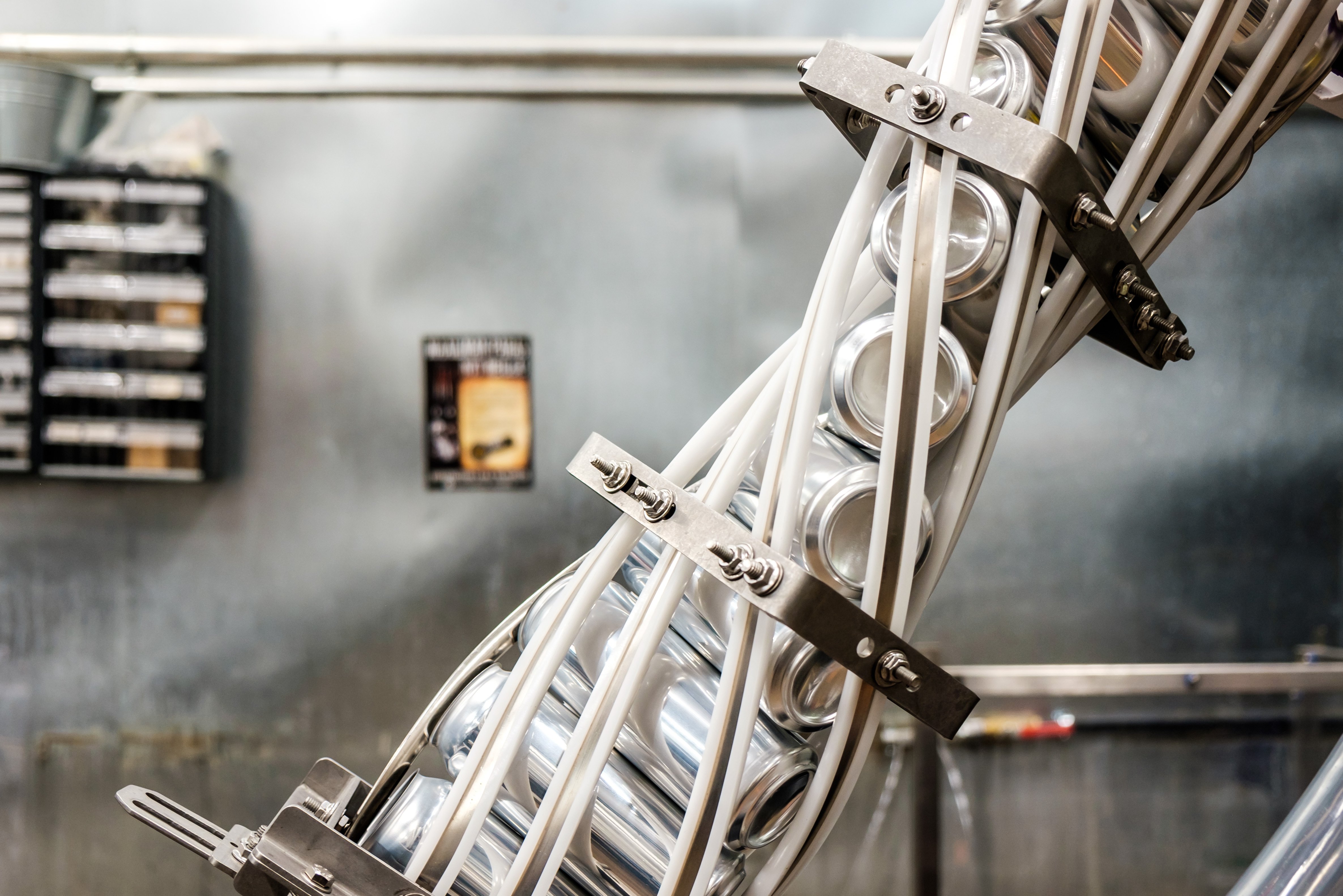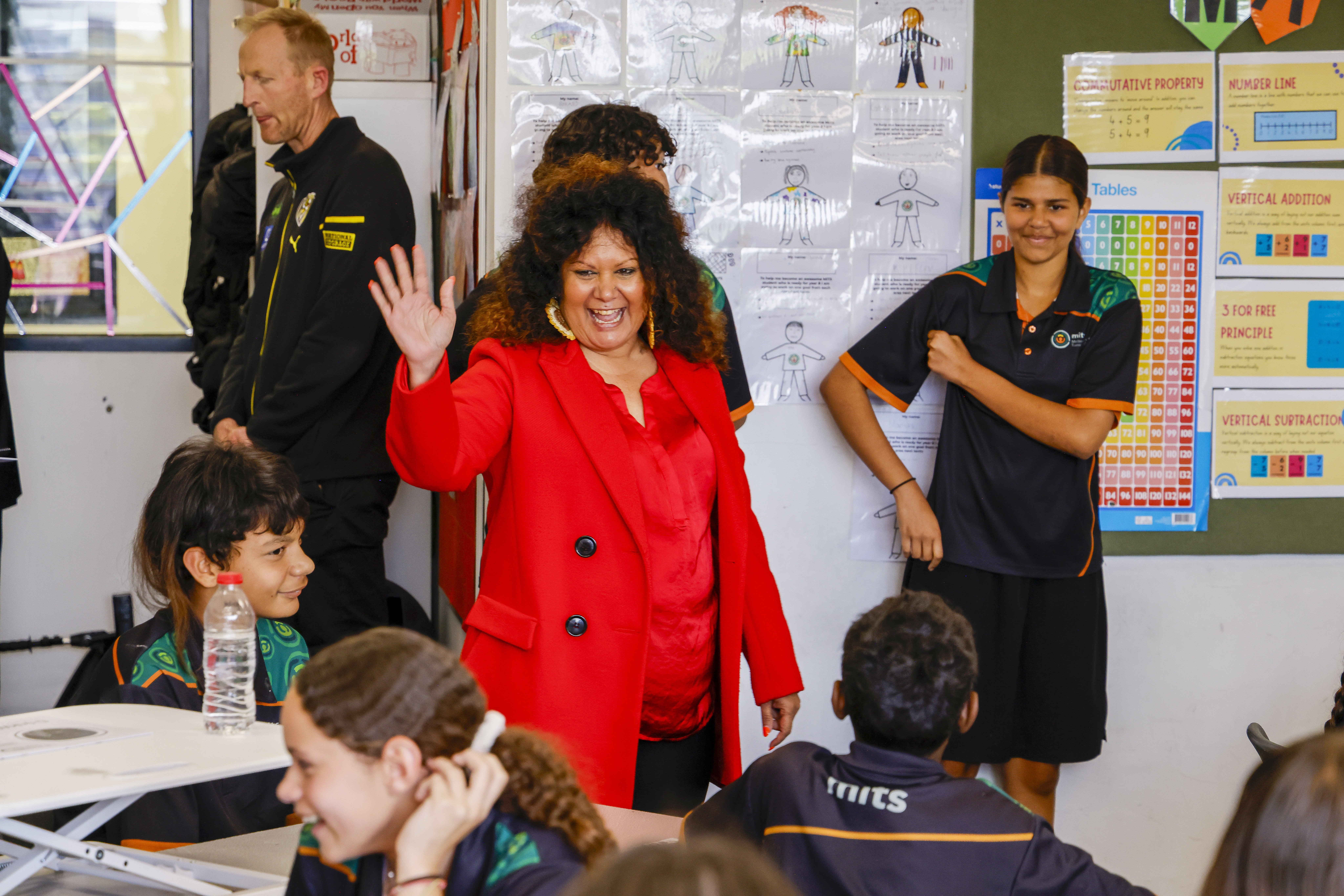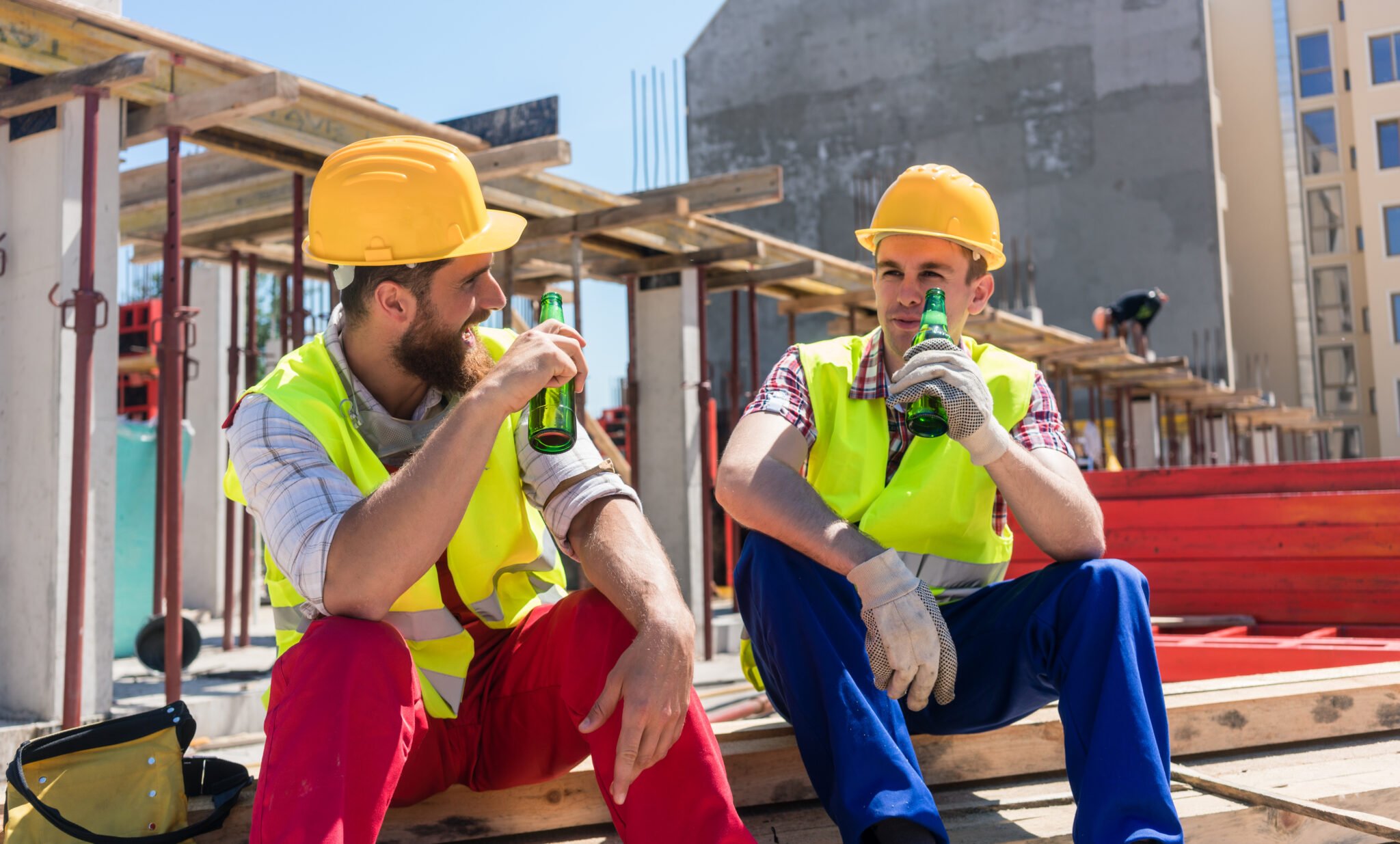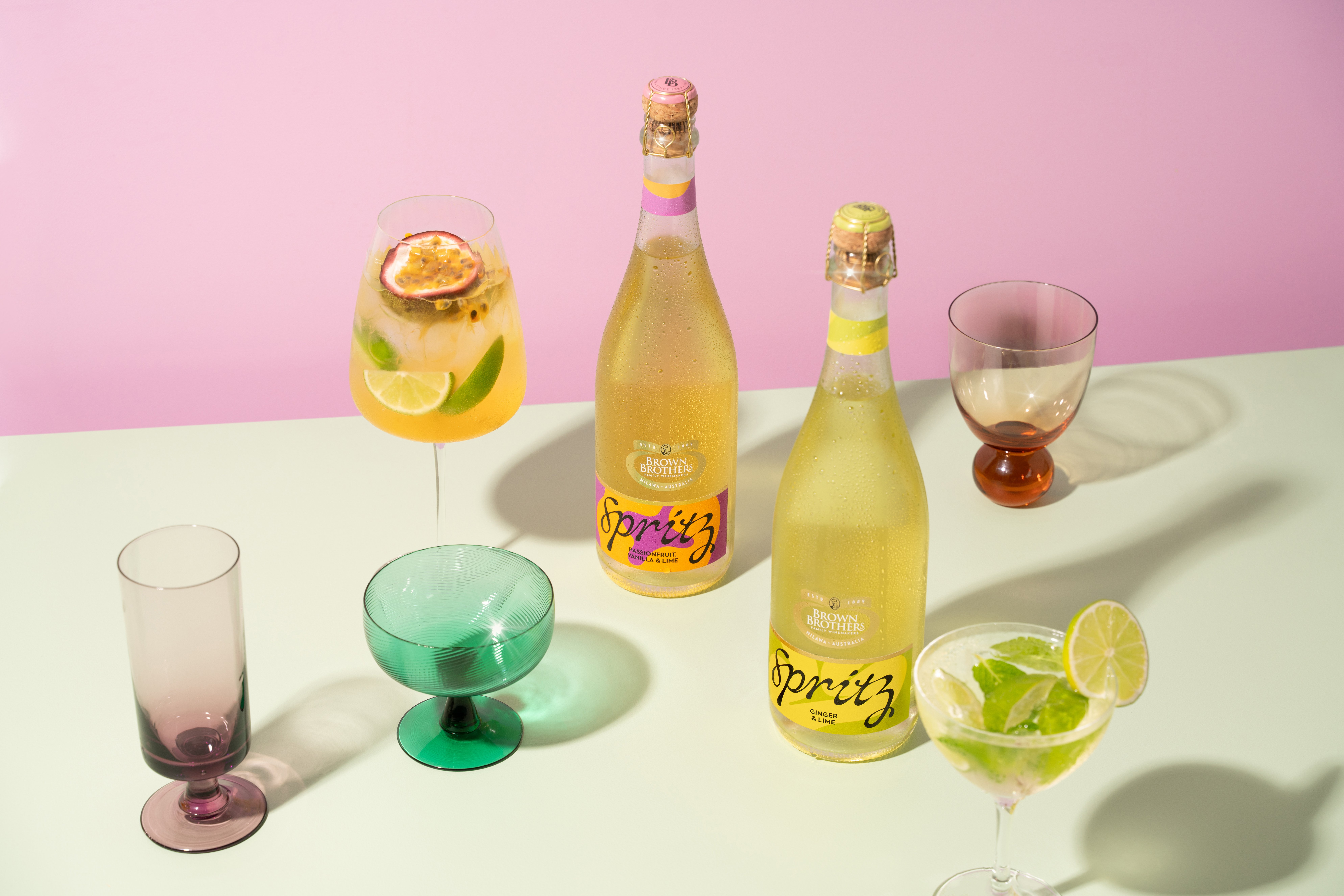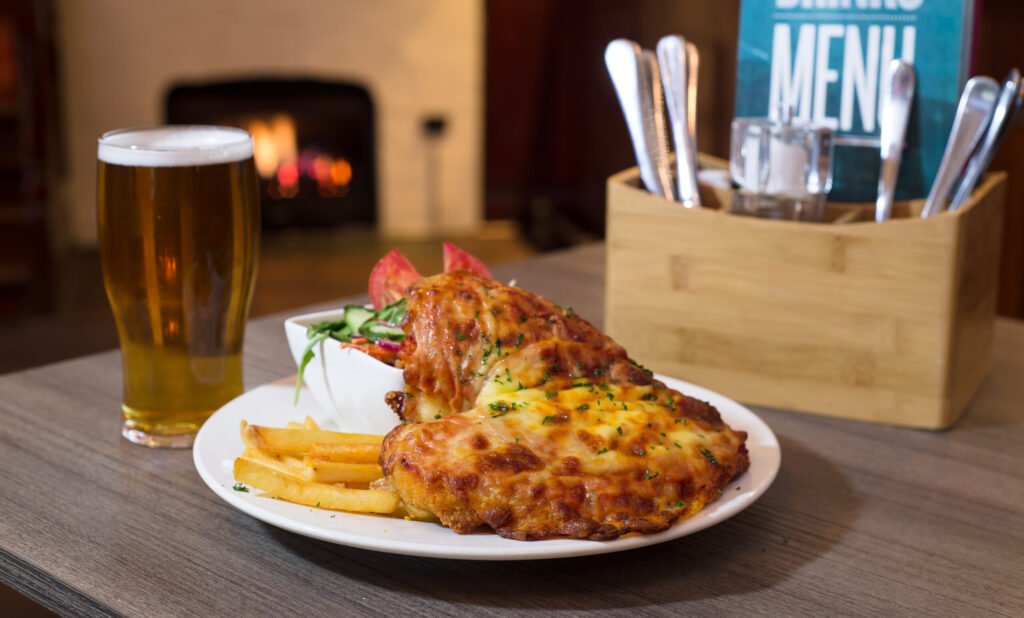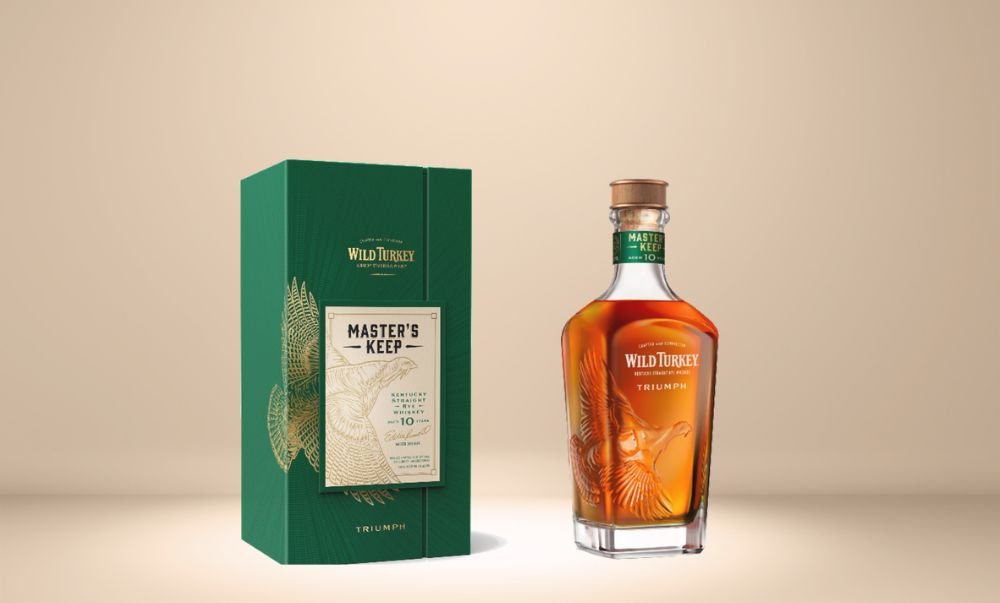Spirits industry association Distilled Spirits Industry Council of Australia has rebranded itself as Spirits and Cocktails Australia.
The association announced it is making the change to better reflect the vibrant Australian spirits sector and cocktail culture it represents.
It also welcomes a new member, Pernod Ricard Australia, which joins members including Bacardi-Martini Australia, Beam Suntory, Brown-Forman, Diageo Australia, William Grant & Sons, Moët Hennessy Australia, Remy-Cointreau and Bundaberg Distilling Company.
Spirits and Cocktails Australia Chair and Managing Director of Diageo Australia, David Smith said: “There’s a positive cultural change underway in Australia right now when it comes to alcohol trends. Australians are choosing to drink better rather than more, and premium spirits are in growth.
“With Australians embracing an increasingly vibrant local bar scene that puts cocktail culture and the art of bartending front and centre, now is the right time for us to have a name that better reflects our dynamic industry and the contribution we make to Australian culture and the local economy.
“We’re also delighted to welcome our newest member Pernod Ricard Australia. Spirits and Cocktails Australia now represents 75% of the Australian spirits sector and is the leading voice and advocate for our industry.”
Spirits and Cocktails Australia CEO Alec Wagstaff added: “Spirits and Cocktails Australia will promote and protect a spirits sector that supports a positive Australian drinking culture, employs thousands of people locally right across the country and makes a significant contribution to the Australian economy.
“Right now, our highest priority issue remains the heavy tax burden carried by Australian spirits drinkers who responsibly enjoy 20% of the total alcohol consumed in Australia but pay 50% of the total alcohol tax collected and face twice yearly excise increases on their favourite spirits drink. Spirits and Cocktails Australia will continue to play a vital role in working with its stakeholders to address the inequality of the current alcohol tax laws.”
Share the content
